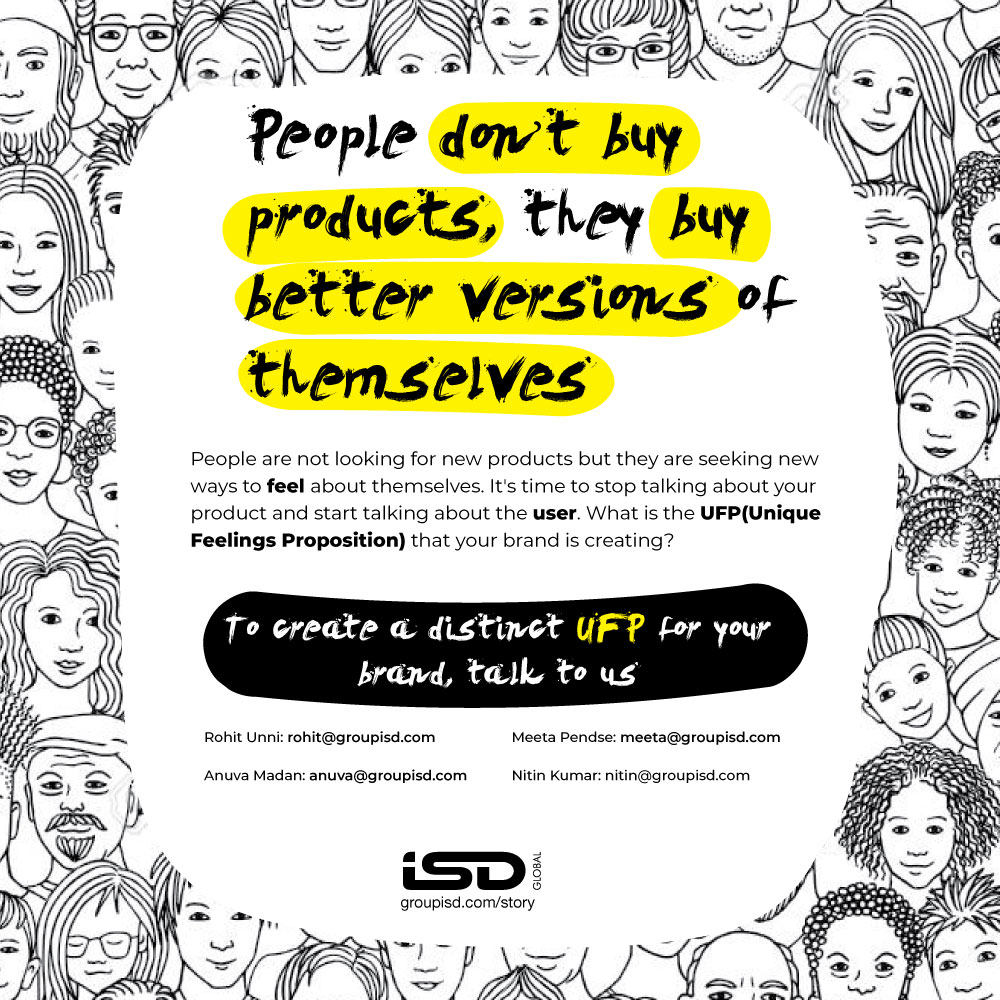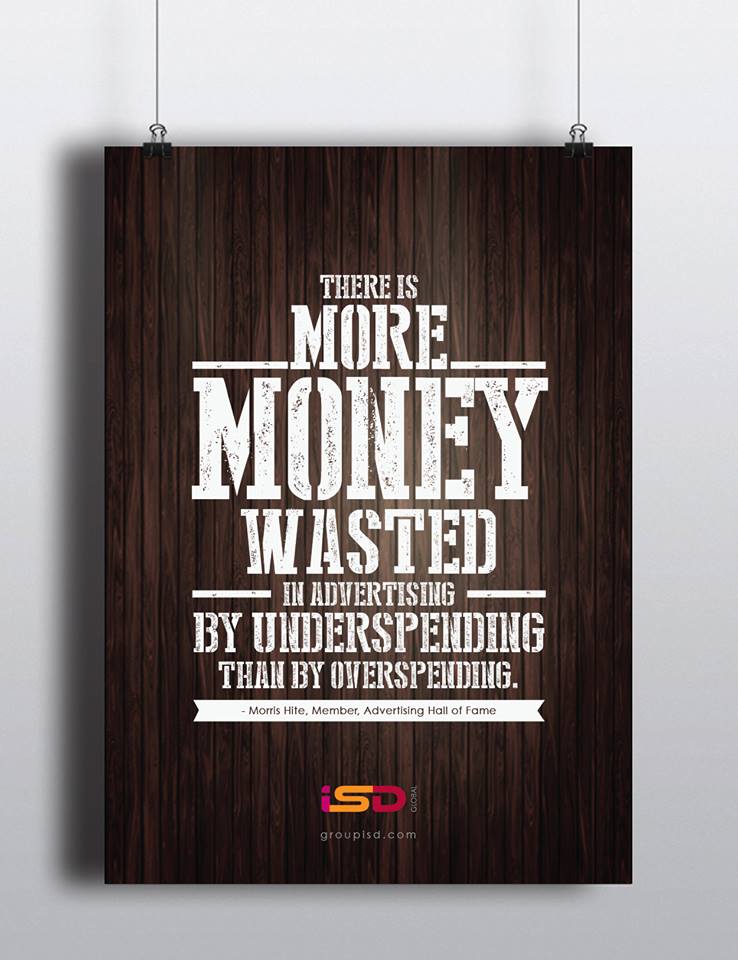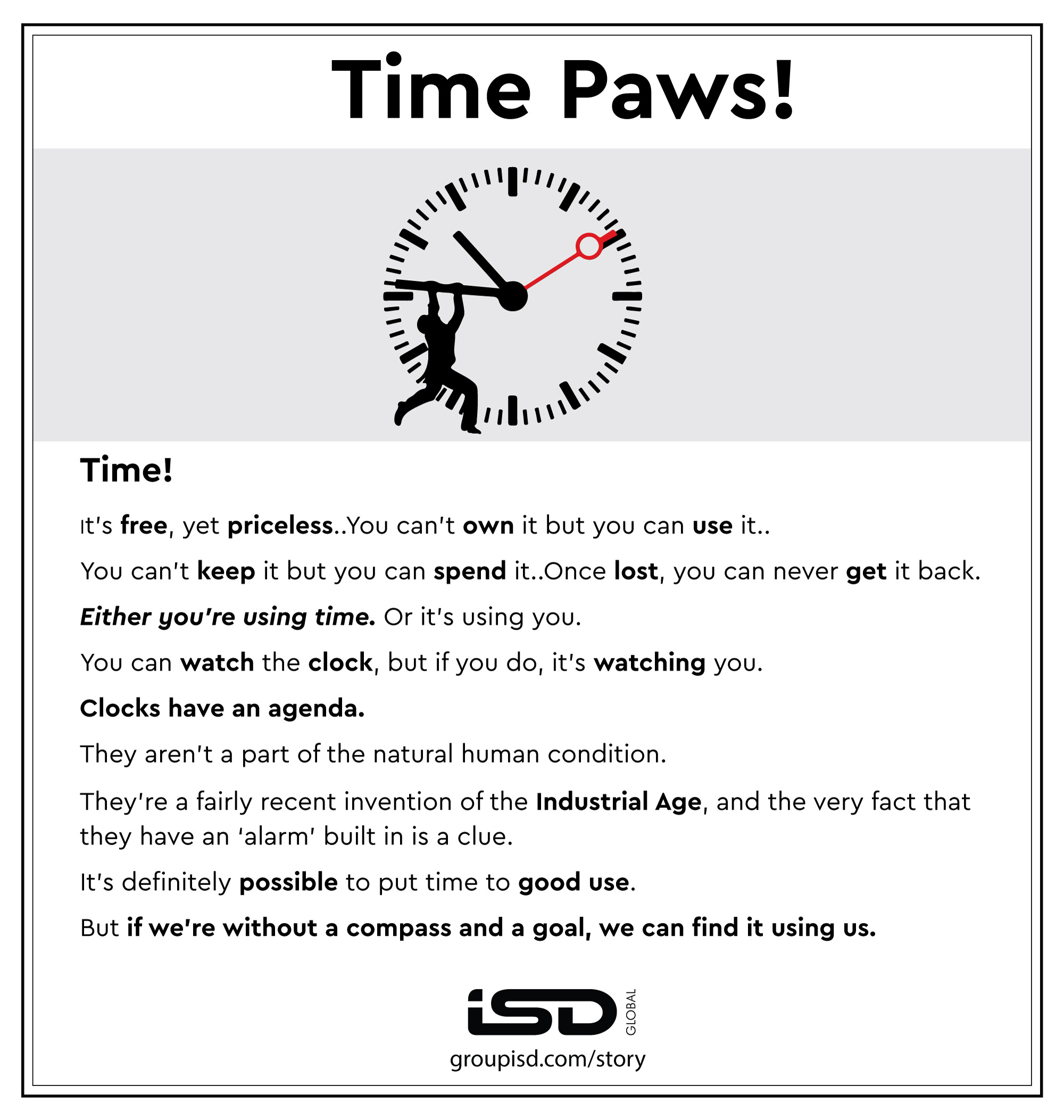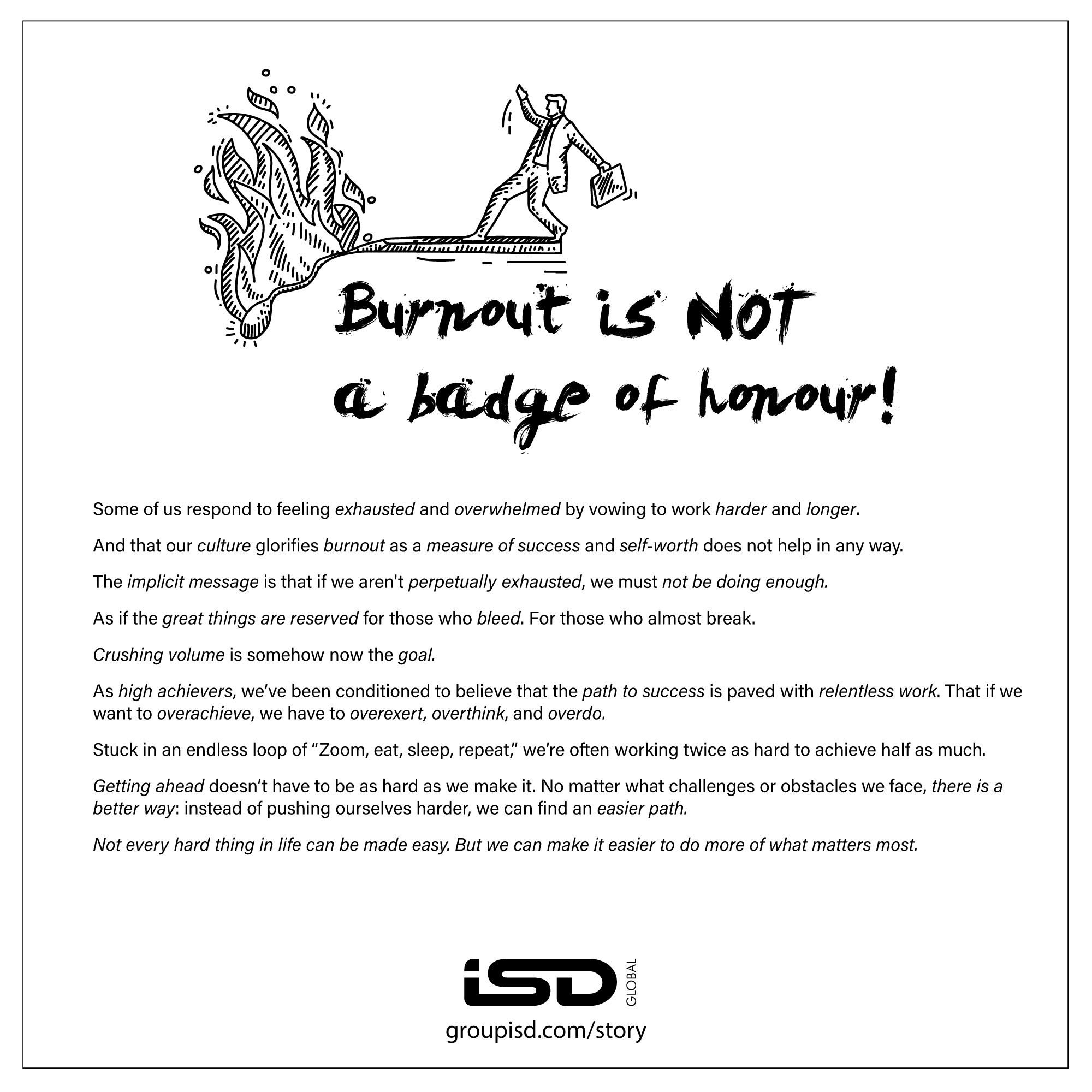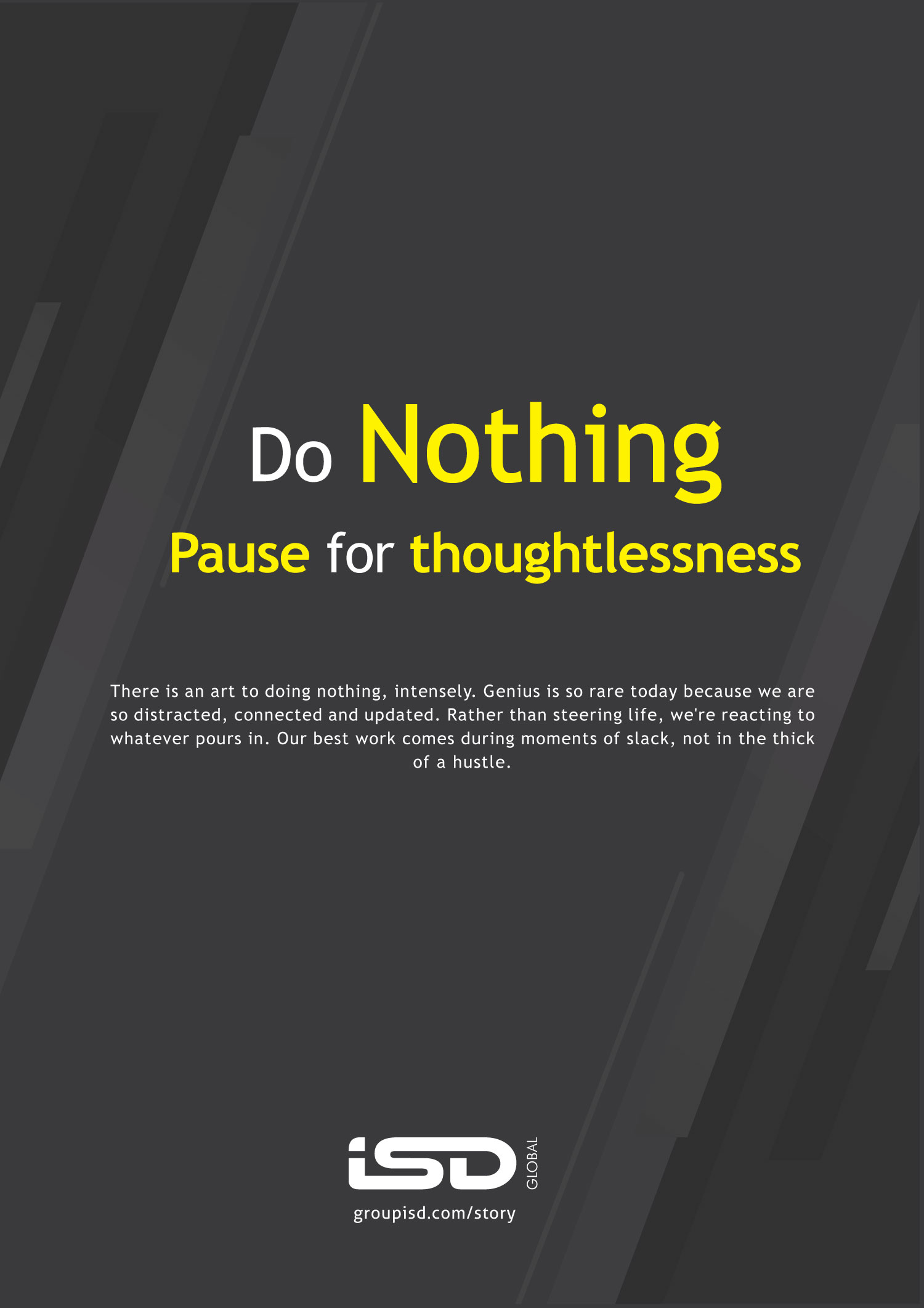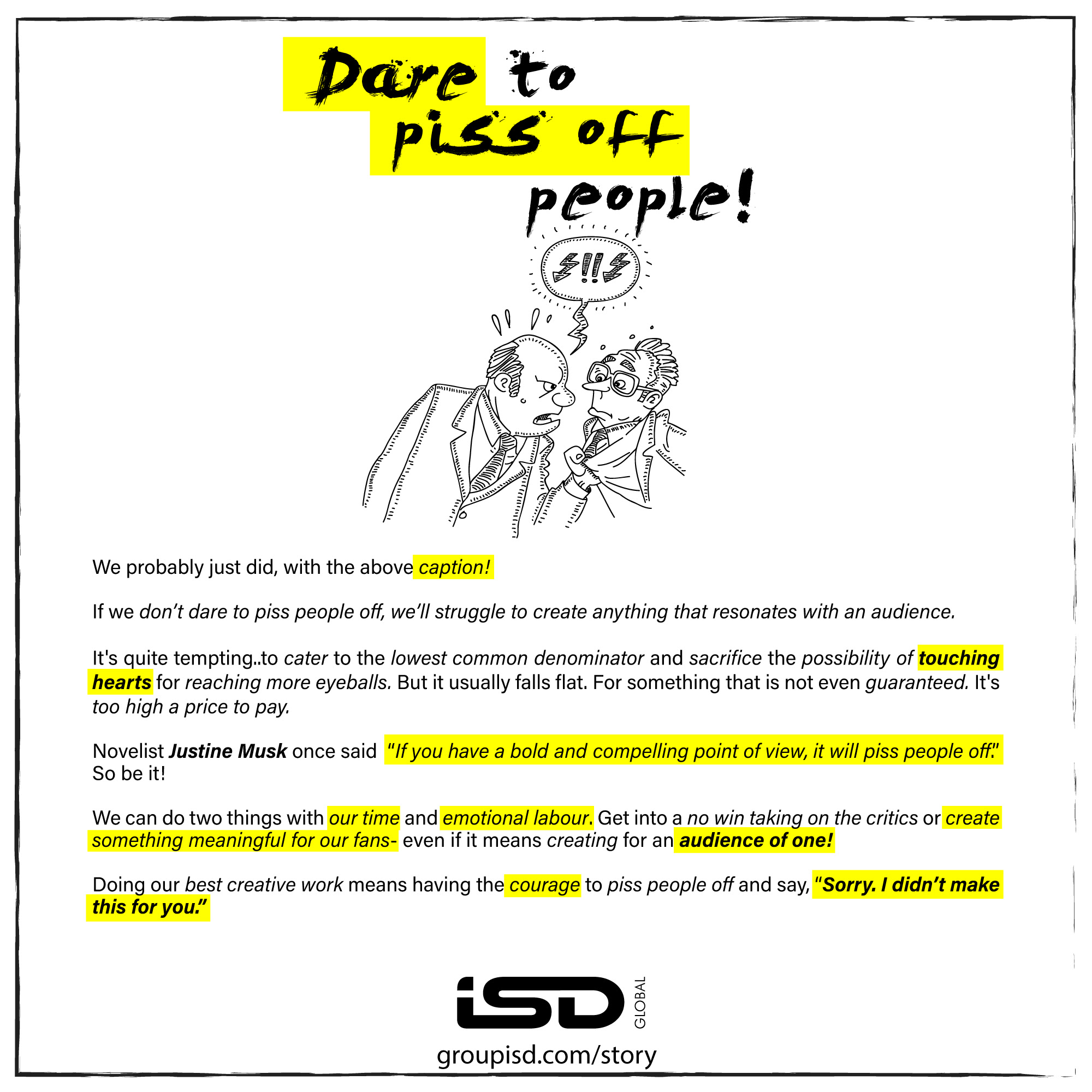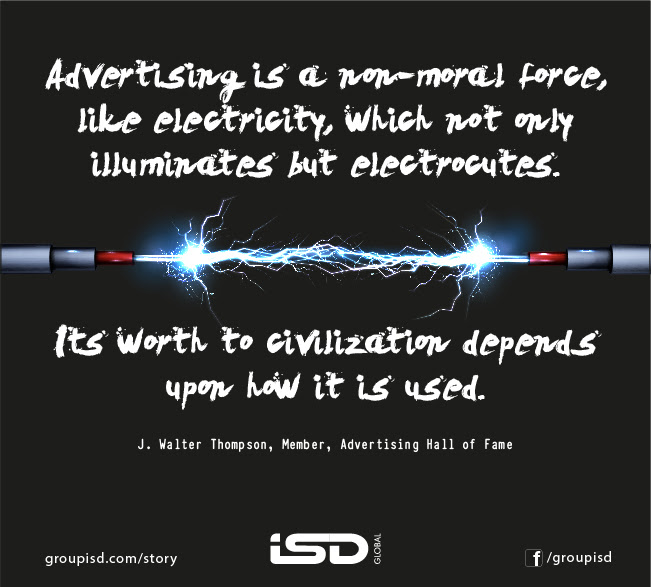The other day I had ordered an USB stick. It came well before the promised time. I did not realise that it was just the calm before the storm. Opening the packet was like breaking into Fort Knox. You have experienced the same during check outs from certain E-Commerce sites and abandoned your cart because the website wanted your blood type, your grandmother’s maiden name, and a retina scan.
This is a wake-up call for all the brands who are not aligned with the harsh reality. Customers are plain lazy. It is not an insult. Humans are hardwired to take the easiest and the shortest route to get what we want. If your brand makes people think too much, work too hard, or jump through digital or physical hoops, they will ghost you faster than a bad Tinder date.
For brands, convenience is non-negotiable.
Path of Least Resistance is where brands make it so effortless, so intuitive, and so deliciously simple that customers glide through the experience as if on a conveyor belt of happiness.
It is worth looking at the hidden cost of friction. Here’s a shocking statistic: 70% of customers abandon their purchases due to complicated processes. But the real cost goes beyond lost sales. Our brains are wired to conserve energy, and when faced with complexity, we often choose to walk away.
Every point of friction is a crack in your brand’s relationship with its customers, potentially leading to:
– Decreased customer loyalty
– Negative word-of-mouth
– Lost lifetime value
– Increased customer service costs
Remember when Amazon introduced one-click ordering? It wasn’t just convenient – it was revolutionary. By eliminating the traditional checkout process, they didn’t just save customers time; they created a new standard for e-commerce simplicity. The result? Billions in additional revenue and countless satisfied customers.
Simplicity builds trust. When you remove complexity, you build trust. Customers don’t just want to know what they’re buying; they want to feel confident that the process is transparent and straightforward.
Take Zerodha, India’s largest stockbroker. They disrupted the brokerage industry by offering zero-commission trading and a user-friendly platform. No hidden fees, no jargon—just simplicity. The result? Millions of happy customers who trust them implicitly.
Anticipate needs before they arise. With data science, AI, ML and all of it, these have become table stakes provided brands want to consider it. Spotify’s Discover Weekly playlist is a masterclass in anticipation. Every Monday, it serves up a curated list of songs you’ll probably love. No effort, no searching—just pure musical bliss.
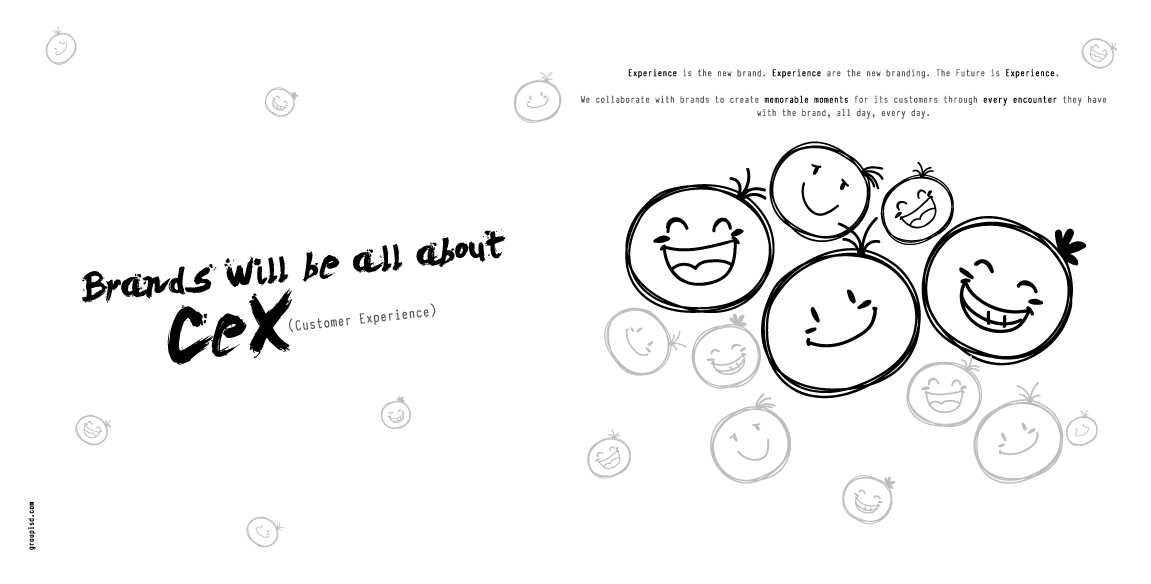
Test, iterate, optimise, repeat. Reducing friction isn’t a one-time effort. It is an ongoing process. Use customer feedback, A/B testing, and analytics to continuously refine your approach. Airbnb( yes the guys who championed ” designing for trust “) constantly tweaks its platform based on user feedback. From simplifying the booking process to introducing new features like “Experiences,” they’re always looking for ways to make life easier for their users.
Let’s face it. Nobody reads the manual.(Also known as the IKEA Paradox—great for furniture, terrible for everything else). You don’t need a manual to use an iPhone. No one has ever said, “Wait, let me check the instruction booklet before I swipe right.“ Apple’s UX is built on intuition, muscle memory, and making complex tech feel like second nature.
If your customer needs a manual, your brand has already failed.
KISS: Keep It Simple Stupid. When in doubt, think like a 5 year old.(Aka: If a kid can’t figure it out, it’s too complicated). Look at Google Search. No drop-down menus, no instructions, no 10-step process. One search bar. That’s it. Even a toddler can type “Peppa Pig” and find exactly what they want. The lesson for brands here is : Simplicity wins. If you have to explain how your service works, it’s already too complex.
Technology is your best friend. From AI-powered chatbots to voice assistants, technology can be a game-changer in creating frictionless experiences. The key is to use it wisely—don’t just automate for the sake of automation; automate to make life easier for your customers. Domino’s lets you order pizza with a tweet, an emoji, or even through your smartwatch. They’ve turned ordering pizza into a seamless, almost magical experience. That’s the power of technology done right.
On a similar note, embrace automation intelligently-and
automation isn’t about replacing human interaction – it’s about enhancing it. Take Starbucks‘ mobile ordering system: it doesn’t just save time; it makes customers feel like VIPs when they walk in and find their drink waiting.
Beware of the downside of overchoice: The more choices there are, the more people make decisions based on what “feels” right rather than objective truth. As an aside here, may I urge you to check out this post on Choice Architecture, Decision Making and the Miracle on the Hudson.
Friction is the silent killer of customer loyalty– Let’s face it: no one likes jumping through hoops. Whether it’s a complicated checkout process, a labyrinthine IVR system, or a website that feels like it was designed in the 90s, friction drives customers away faster than you can say “abandoned cart.” Remember the time you tried to unsubscribe from a newsletter and had to click through 17 pages? Yeah, that’s friction. Now, think about how Netflix does it. One click, and you’re in. No forms, no hassle. That’s the path of least resistance in action.
Ready to create your own path of least resistance? Start by mapping out your customer journey and identifying pain points. Then, use technology, personalization, and a dash of creativity to turn friction into flow. Your customers will thank you—and your bottom line will too.

